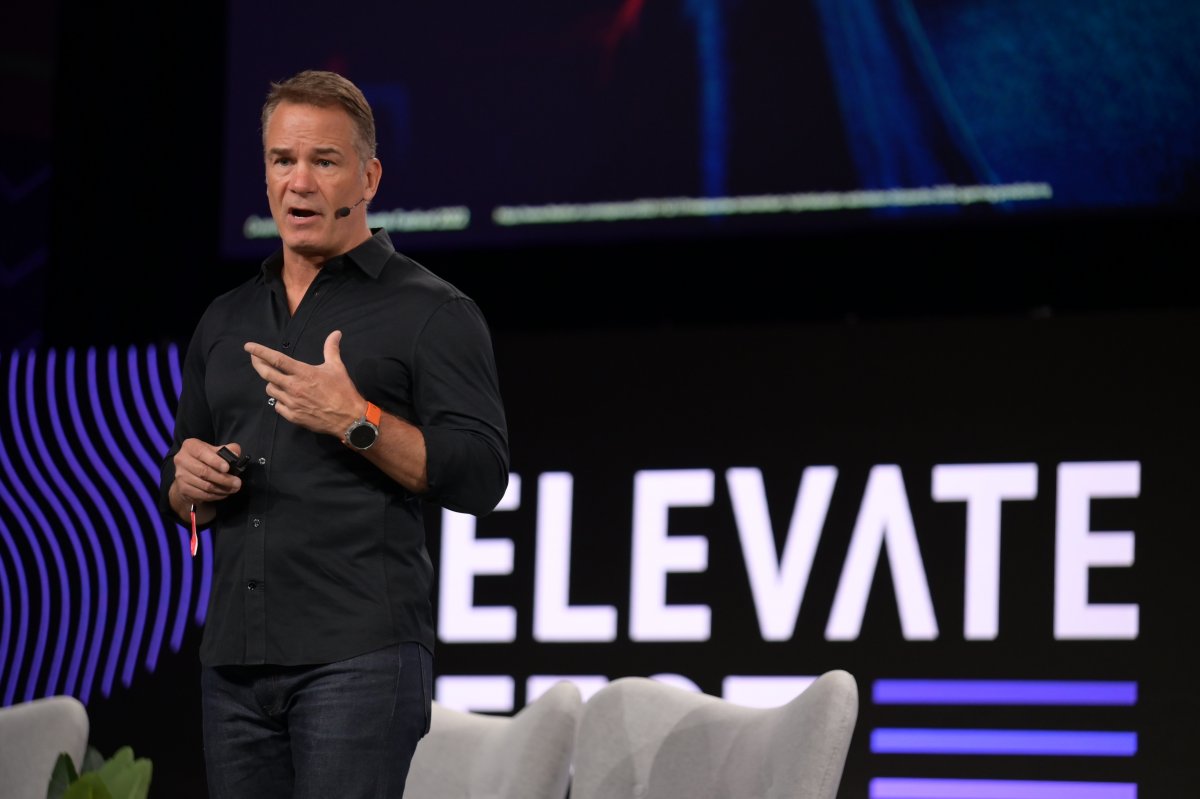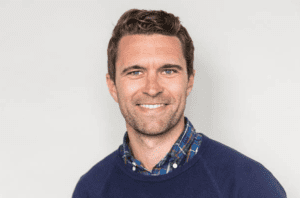The future of entertainment has arrived, and it’s come in the form of esports. For those unfamiliar with the distinction, “esports” refers to the professional video game industry, often taking the form of organized, multiplayer video game competitions, particularly between professional players.
In layman’s terms, esports essentially operates through a structure similar to traditional sports; the best players are signed to franchises and supported by viewership and advertising dollars. What’s dissimilar between the esports world and that of traditional sports is the explosive growth in viewership year-over-year. And in an industry worth upwards of $1.8 billion CAD and viewership steadily on the rise, OverActive President and CEO Chris Overholt and his company are banking on this trajectory.
After stepping down from his role leading the Canadian Olympic Committee, he now leads a pair of Toronto-based esports franchises, an Overwatch team operating as Toronto Defiant and a Call of Duty team dubbed Toronto Ultra, as well as a third franchise, MAD Lions, a League of Legends team based in Spain. Launching in 2018, Overholt has been a pioneer for a relatively new esports industry within Canada and has managed to broker partnerships with Canadian companies to offer stability to both franchises. OverActive Media’s founding marketing partner is Bell Canada while its partnership with Nobis, a Canadian luxury outerwear retailer, has produced standout activations since connecting last winter.
Such a partnership between a franchise and a luxury clothing label is the first of its kind in the esports industry. But that shouldn’t be surprising between two brands that have defined themselves through a commitment to pushing the envelope. Nobis, in its willingness to embrace the unknown with bold collaborations and designs that go beyond Canada’s traditional outerwear retailers; OverActive Media, in its willingness to invest in a relatively young market.
As for Overholt, his previous experience at the helm of a sports organization goes beyond the COC. He previously worked for the Toronto Raptors, Miami Dolphins, Florida Panthers, and Maple Leaf Sports & Entertainment. Now, he’s leading Canada into the new age of entertainment.
During this year’s Elevate Festival, we caught up with Overholt to discuss the future of the esports industry, the biggest obstacles facing the industry, how his role compares to his previous positions at the organizational helm, and more. You can read an abridged version of the Q&A below.
Glory Professional: From your inside perspective, what will the future of entertainment look like? What are the trends or forces shaping its future?
Chris Overholt: This is a generation that thinks differently about their sports and media entertainment choices. They’re not as inclined to sit and watch three hours of college football or even two and a half hours of an NBA game. But, they’ve proven to be inclined to spend a lot of time looking at Twitch and YouTube to follow their favourite esports teams and players. It was out of that premise that Overactive Media was born four years ago.
When we started, we thought we might own just one esports franchise. We made our first commitment to buy an Overwatch franchise from Activision Blizzard in 2018. Less than a year later, we also bought our way into the Call of Duty league. Within the next year, we also bought our way into the League of Legends European Championship (LEC) and the Call of Duty League (CDL).
[…] To build out the franchises, there’s an ecosystem of talent identification and player development that is built around these game titles, no different than traditional sports. Springing from the gaming community, there is also now a collection of streamers, influencers, and content creators that live on platforms like Twitch and YouTube. They’re all forms of entertainment in their own right and also representative of some of the fanbase that follows esports.
Most people would not understand, but there is a very well-developed ecosystem around gaming and esports broadly. The combination of the music and movie businesses globally is not as big as the gaming industry is today.
Glory Professional: In traditional sports fandom, allegiances typically start regionally. There’s a civic pride that often comes with fandom. The beauty of esports is you can be a fan of a team or a player anywhere in the world through streaming. How do you build an affinity for a Toronto team in what tends to be a borderless sport?
Chris Overholt: I think that’s fair. We aspire to attract new fans first at home. We want fans that are engaged and that love our team, all the things that were true for the Raptors in those early days when I was involved. All those things you said are true for us as well. We need to have conversations about what that looks like and what we want to stand for as an organization. I think we’ve done a good job with our partnerships. […] Working with companies like Bell and Nobis certainly plant roots when it comes to having a Canadian identity. But I also think Canadians at large are a fiercely loyal fanbase and we’ve seen that already.
Fans ultimately want representation in any given league. It doesn’t matter if we’re talking about the NHL or the Olympics or esports. They want to feel like they’re being represented and having teams in their country or city ultimately offers that. I think for our international fans, the personalities of our players and marketing efforts are what move the needle on that front. But again, that’s not unique to esports.
I worked in a market with a franchise synonymous with the shield even though they haven’t been very good in the last 20-30 years. But it’s also true that the Dolphins have mad passionate fans in the region and beyond. And it’s also true that there are millions of people in the states across the country.
[…] So, I think you’re right. As the leader of a franchise, I’m going to want to build my team but I don’t think the fact that you might cheer for another player in any way undermines our position at all. Quite the opposite, I think it feeds engagement.
Glory Professional: This year’s Toronto Ultra is obviously composed of a group of guys who are all new to Canada. What’s been the city’s connection to the team so far and how do you think that might reflect the potential of the market?
Chris Overholt: I think we saw the connection with both Toronto Ultra and Toronto Defiant’s host opportunities earlier this year. Both teams played through Sunday and the city really came out in droves to support them. It’s about creating more of those moments for fans that they can carry with them for years. Those experiences create lifelong fandoms. We’re in the business of building memories, building moments for fans that they can hang onto and connect to and have a shared experience with a child or a friend or family member. I’ve benefited from and had those myself over years with my family and esports is no different.
[…] It was pretty mindblowing to see 2000+ people cheering for Toronto Ultra in person. It was loud and it was dynamic. I know a lot of our investors and sponsors left that day saying, “Wow, you guys said it was a real thing and you were right.” When it comes to the market, I really have no concerns. It’s going to be as big as we make it.













